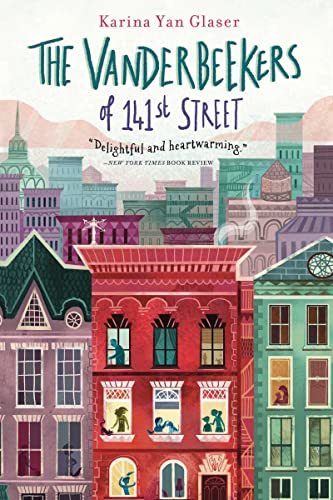February always feels a little different to me. The days are still short, the world is quiet and wintry (it’s been VERY wintry here in the Southeast!), and it’s the perfect time to curl up with a really good book.
For our February Homegrown Book Picks Reading Challenge, we’re keeping things simple and fun: choose a book with a red cover. That’s it. No pressure about genre, length, or reading level—this challenge works beautifully for adults, kids, and families reading together.
Sometimes a small, playful prompt is all it takes to help us pick up a book we might have otherwise passed by, and those are often the stories that surprise us the most. Here you’ll find a few “red” suggestions - mostly books that I have on hand and books that I enjoyed, too.
Books With a Red Cover for Adults
Sense & Sensibility by Jane Austen
I have this lovely edition of Sense and Sensibility. It is part of a box set - and the cover is RED, so I’m counting it as a candidate for this month’s challenge!
Oliver Twist by Charles Dickens
I’m trying to read more classics… Oliver Twist has been on my shelf for a few years, and this edition that I picked up (I think on sale at a big-box bookstore) has a red cover. Thus, it’s a candidate for February.
The Magic Strings of Frankie Presto by Mitch Albom
This book is a lyrical, music-soaked novel about a gifted guitarist whose life is measured not just in years, but in the people he changes along the way. Told in a unique and imaginative way, the story follows Frankie from a war-torn childhood to a remarkable musical journey, exploring how talent, sacrifice, and kindness ripple outward in ways we don’t always see. I have read the physical book and listened to the audio (which is a treat!).
Dogs That Know When Their Owners Are Coming Home by Rupert Sheldrake
This book has long been recommended to me, and it might be time to finally read it this month. Of course, I have a VERY smart dog, so I’m sure this book might affirm what I already know! ha ha!
Killers of the Flower Moon by David Grann
I have already started Killers of the Flower Moon, and it is my official February 2026 pick. Wow - I’m just 50 pages in and I can tell it’s going to be good. David Grann is one of my favorite narrative nonfiction writers, so I am expecting good things.
The Betrothed by Allesandro Manzoni
I have seen this book rated highly in translation. I picked it up at the bookstore and am not sure if I’ll read it this month, or later this year when we do have to read a book in translation. This book is Manzoni’s best-known work and a cornerstone of Italian literature, often read not just as a novel but as a moral and historical lens on 17th-century Italy.
The Underground Railroad by Colson Whitehead
The Underground Railroad has been on my shelf, and several people in the Homegrown Book Picks group have told me I must read this. The book follows Cora, an enslaved young woman who escapes a Georgia plantation by fleeing north on the Underground Railroad—shown here as a literal, hidden railway beneath the ground.
I’m very intrigued by the premise!
Farenheit 451 by Ray Bradbury
This book is a chilling dystopian novel set in a future where books are banned and “firemen” burn them to suppress independent thought. As Montag begins to question the world he serves, the story becomes a powerful warning about censorship, conformity, and the cost of losing curiosity and truth.
Fahrenheit 451 was required reading when I was working on my Master’s Degree in Educational Leadership 25 years ago, and I remember it having quite an impact on me. It might be time for a reread.
The Library Book by Susan Orlean
I read this when it first came out and loved it. The Library Book weaves together the true story of the devastating 1986 fire at the Los Angeles Public Library with a warm, curious exploration of libraries themselves. Part mystery, part cultural history, it’s a love letter to books, librarians, and libraries.
Me Before You by Jo Jo Moyes
Get out your box of tissues. You’ll need it for this book. You’ve probably heard a lot about this one, and if you haven’t read it, you probably should.
I wasn’t able to find the red cover of this book online - but this cover does have a little pink in it!
Books With a Red Cover for Middle/Upper Grades
Al Capone Does My Shirts by Gennifer Choldenko
This is a middle-grade novel set on Alcatraz Island, where twelve-year-old Moose Flanagan’s father works as a prison guard. As Moose navigates friendship, responsibility, and life with a sister who has autism, the story blends humor and heart with a fascinating slice of American history. I recall this being enjoyed by both of my own children.
The Bookwanderers by Anna James
I will be reading The Bookwanderers this month - it has been recommended by several people. It’s the first in a series (would have been perfect for the January challenge!) so I wonder if I’m going to need to read the rest of them?
”The Bookwanderers invites readers into a world where stories are not just read but explored from the inside. Blending mystery and adventure, the novel follows Tilly as she uncovers a hidden ability tied to books themselves, revealing how stories shape identity, friendship, and bravery.”
Hate That Cat by Sharon Creech
I have not read Hate That Cat, which is the sequel to Hate that Dog. It is a novel told in free verse, following a boy named Jack as he wrestles with poetry, art, and his strong feelings about a certain cat.
Gangsta Granny by David Walliams
This book is on hold for me at the local library right now! I’m very much looking forward to reading it.
Gangsta Granny is a wildly funny and surprisingly tender story about a bored boy who discovers his sweet, cabbage-smelling granny has a thrilling secret life. Packed with outrageous humor and heart, the book celebrates imagination, unlikely friendships, and the joy of seeing people for who they truly are.
The Riddle of the Red Purse by Patricia Reilly Giff
Do you have a mystery lover? This might be the book for them.
(This book is also great for a beginning chapter book reader.)
The Riddle of the Red Purse is an engaging mystery in which a missing red purse leads young sleuths into a trail of clues and surprising twists. It’s a satisfying read for children who love puzzles, observation, and figuring things out step by step.
Inkheart by Cornelia Funke
My daughter LOVED this book when she was in elementary school. I’m not exactly sure why, but I just recall it was a book that she read again and again.
Inkheart is a fantasy (first in a series) in which characters can slip out of books and into the real world when stories are read aloud. As Meggie uncovers her father’s dangerous gift, the novel becomes a exploration of the power of words, imagination, and the responsibility that comes with loving stories deeply.
The Curious Incident of the Dog in the Nighttime by Mark Haddon
Full disclosure. I only gave this book three stars on Goodreads - I didn’t really like it that much. BUT, my daughter read this in high school, and it is now one of her favorite books. Go figure. I guess it makes sense to me, because my daughter is now a special education teacher, and this book greatly influenced her.
The story follows Christopher, a teenager who has autism, who sets out to solve the mystery of a neighbor’s dead dog—and uncovers far more than he expects. Told in a distinctive voice, the novel offers a deeply moving look at logic, trust, and the many different ways people experience the world. I would think this is appropraite for high school students.
As we wrap up February’s red-cover challenge, my hope is that these books did more than simply check a box on a list.
Reading like this—slowly, intentionally, and together when possible—has a way of shaping the atmosphere of our homes. A stack of books on the table, a child curled up nearby, a conversation that starts with “listen to this part…”—these are small moments, but they matter deeply.
May this month encourage you to keep choosing books with joy and anticipation! I’m happy to be on this reading journey with you!
Join us on Instagram and Facebook!
We consistently chat about books and all things reading in our Homegrown Book Picks Facebook group and also on Instagram.
I hope to see you there!

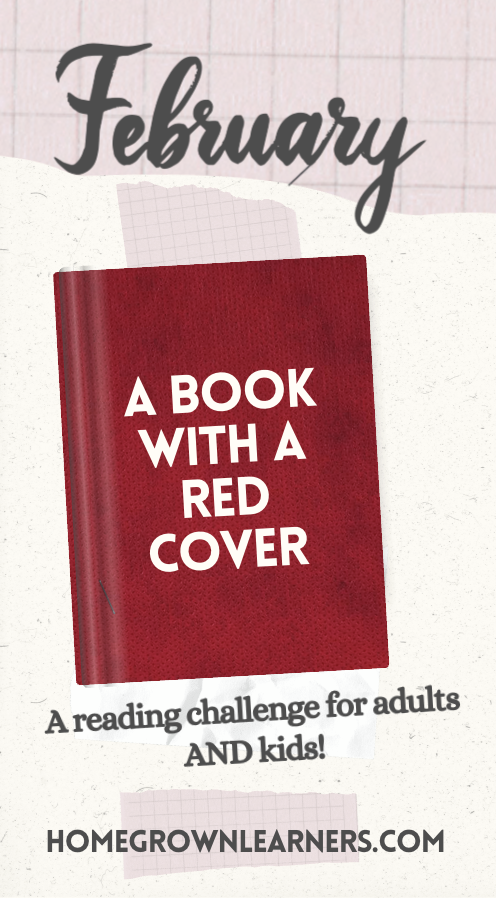
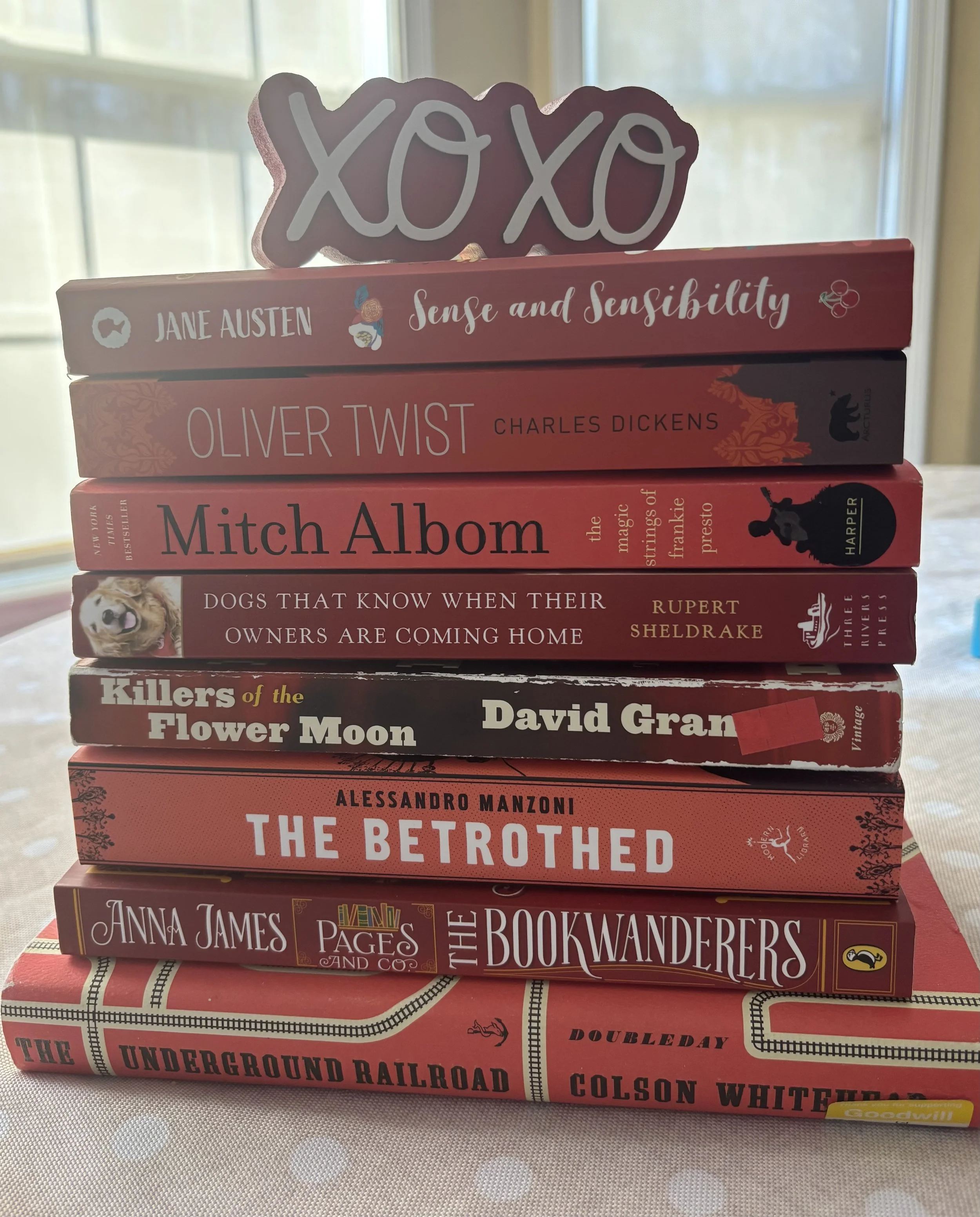
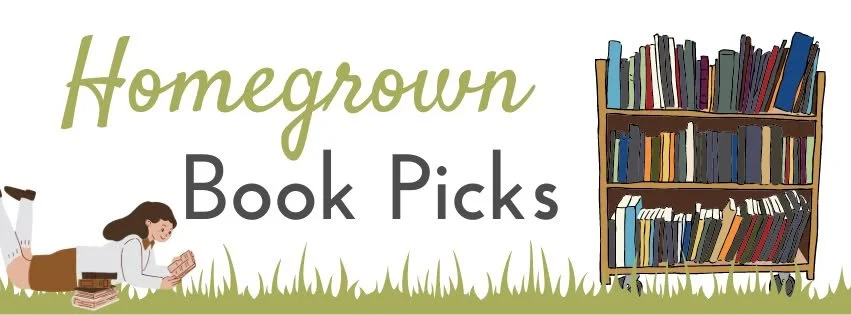
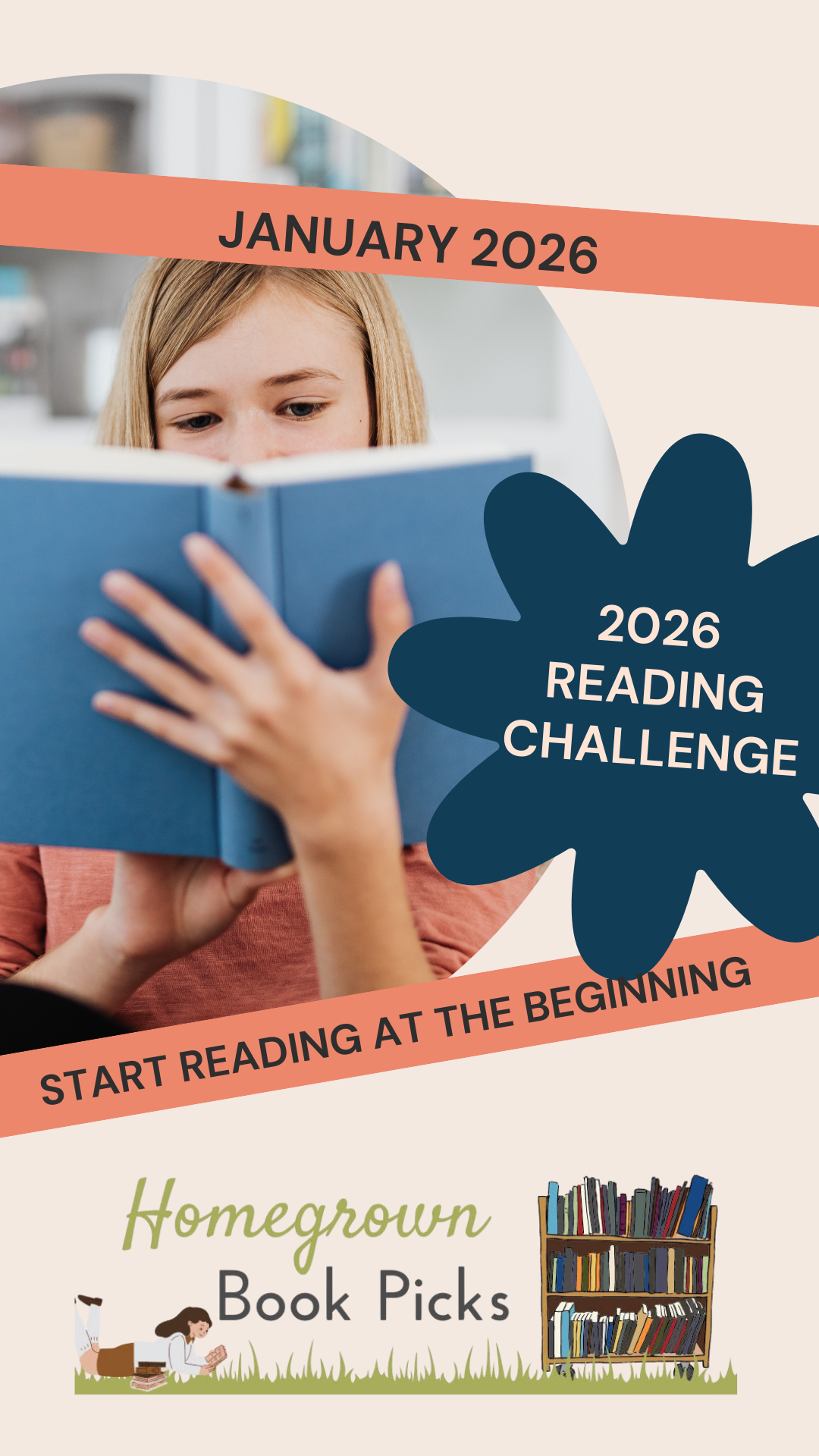







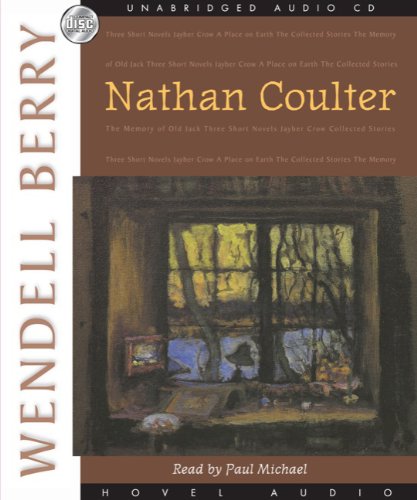



![[The Penderwicks: A Summer Tale of Four Sisters, Two Rabbits, and a Very Interesting Boy] [By: Birdsall, Jeanne] [March, 2007]](https://m.media-amazon.com/images/I/517CZ8uepGL._SL500_.jpg)
